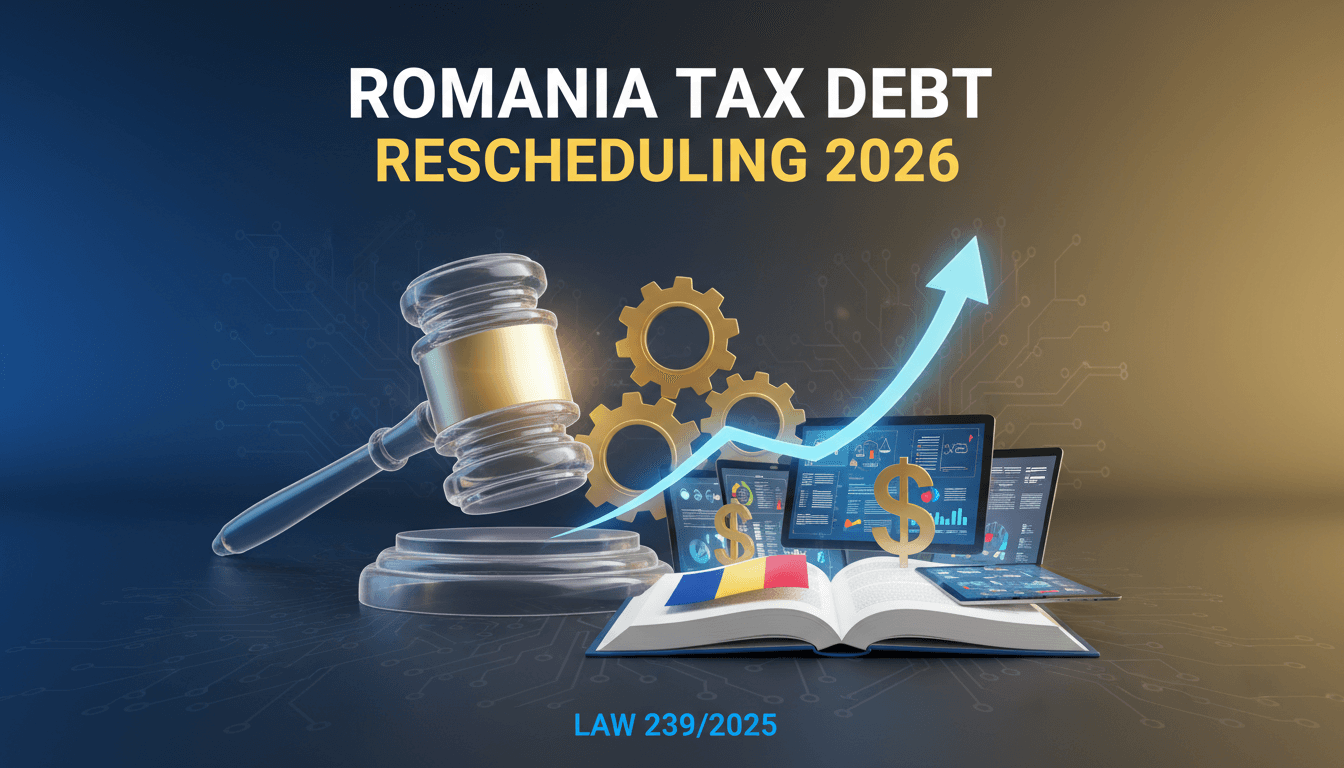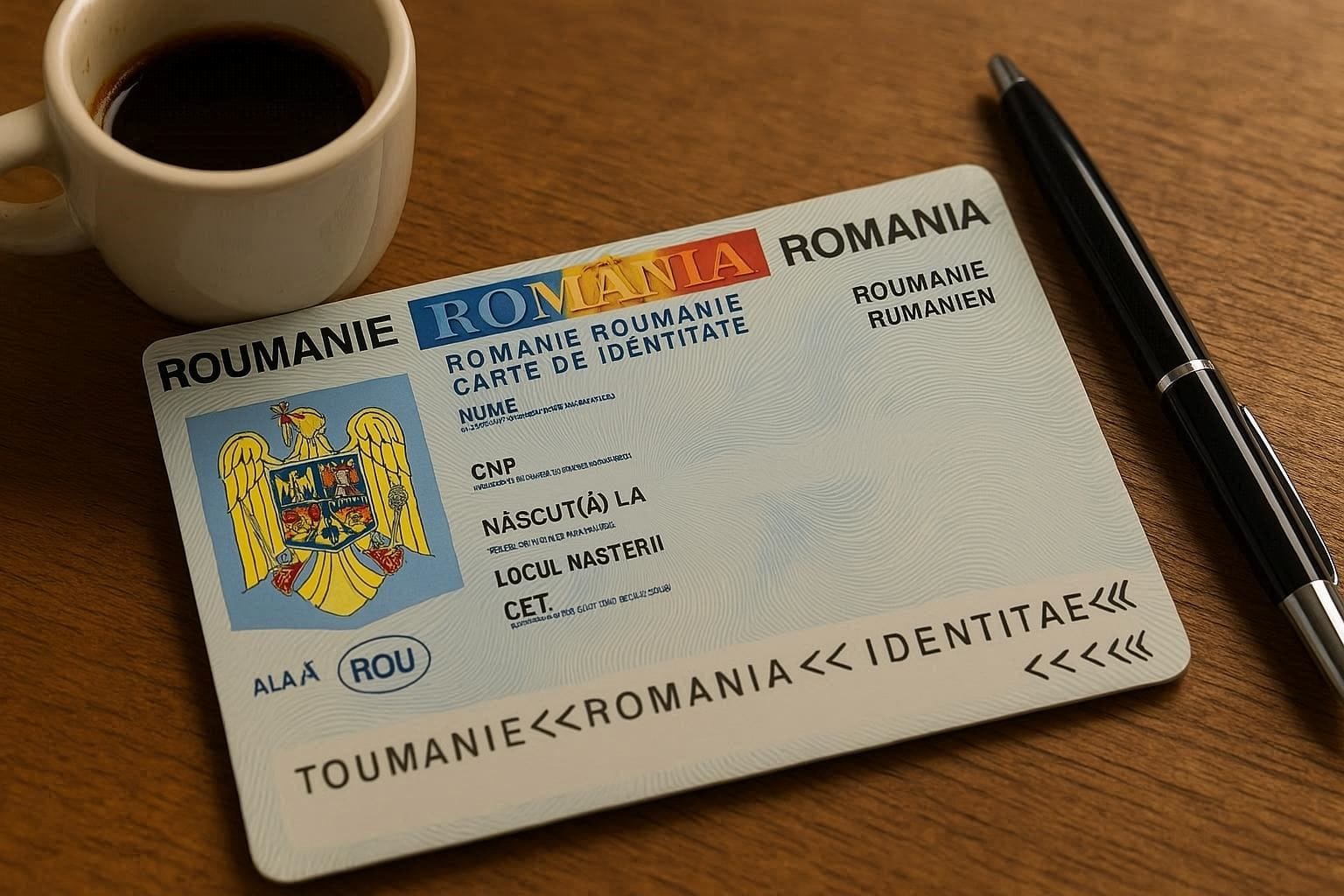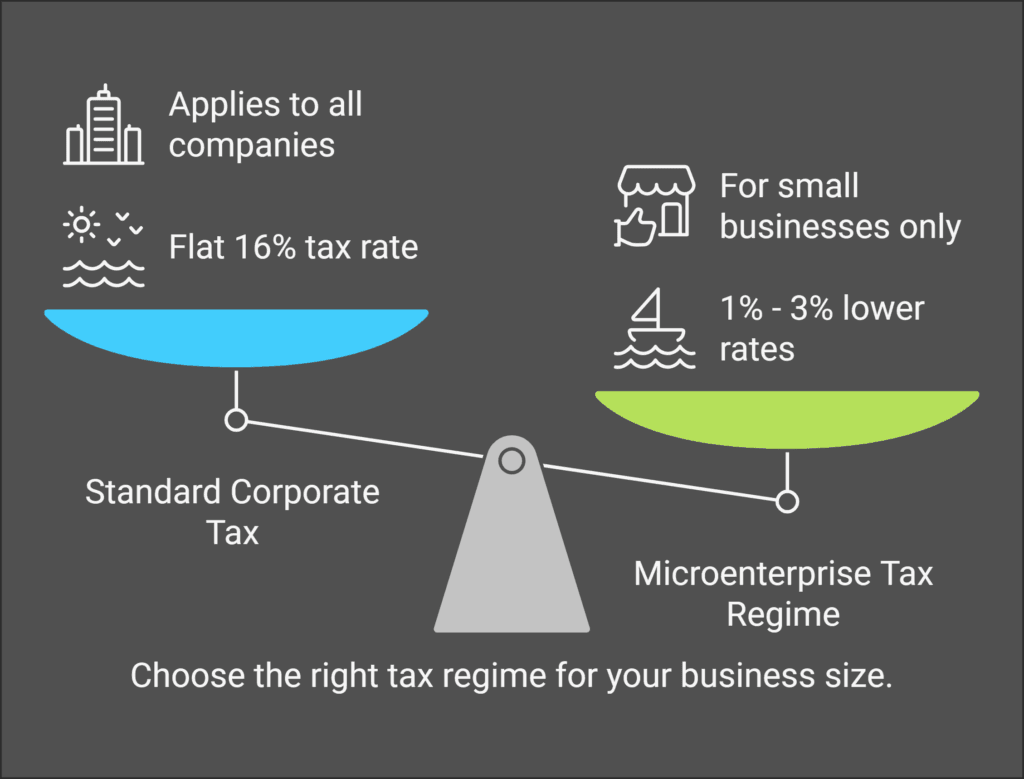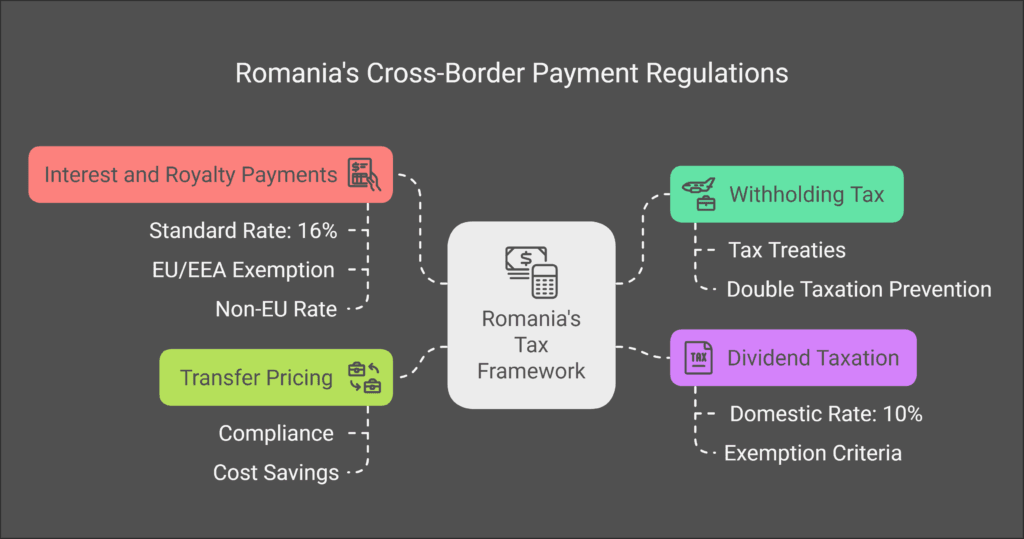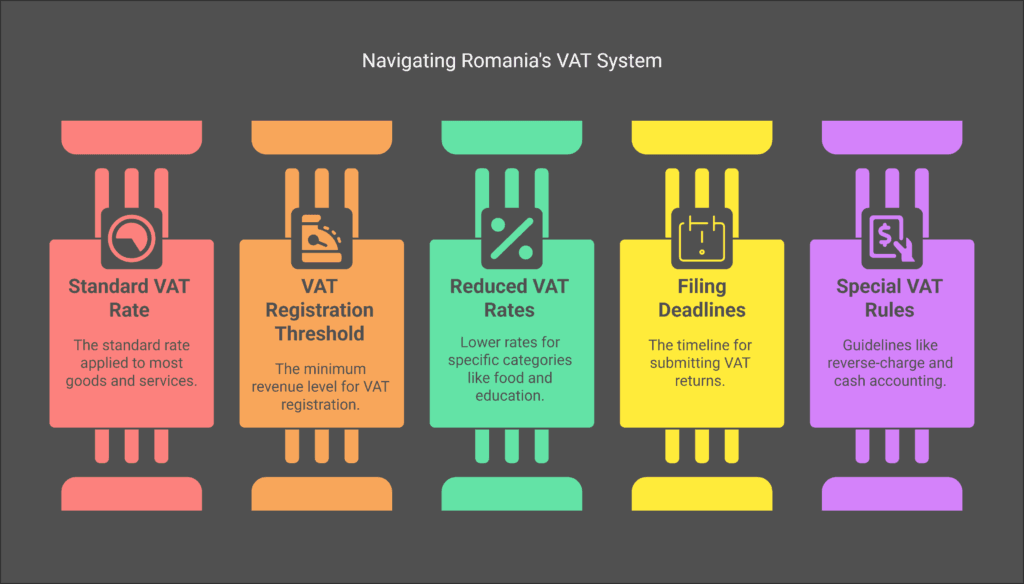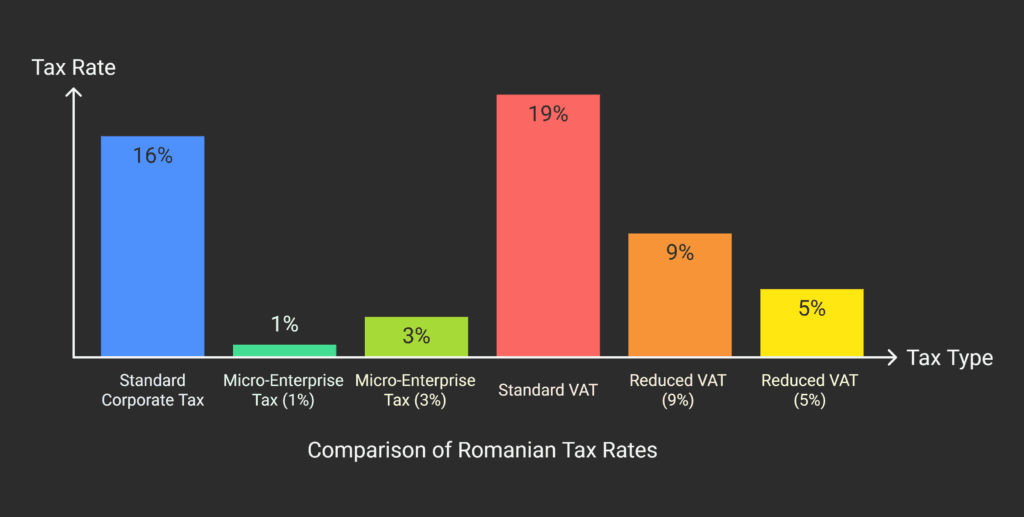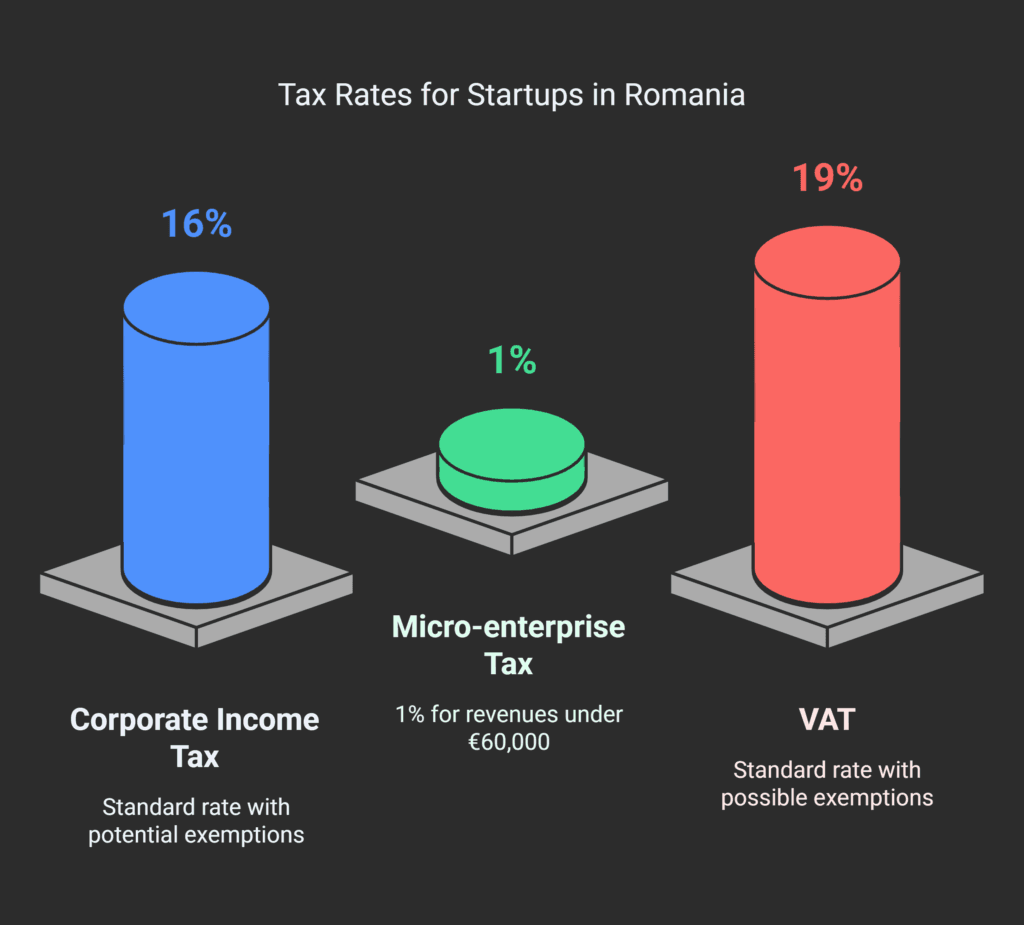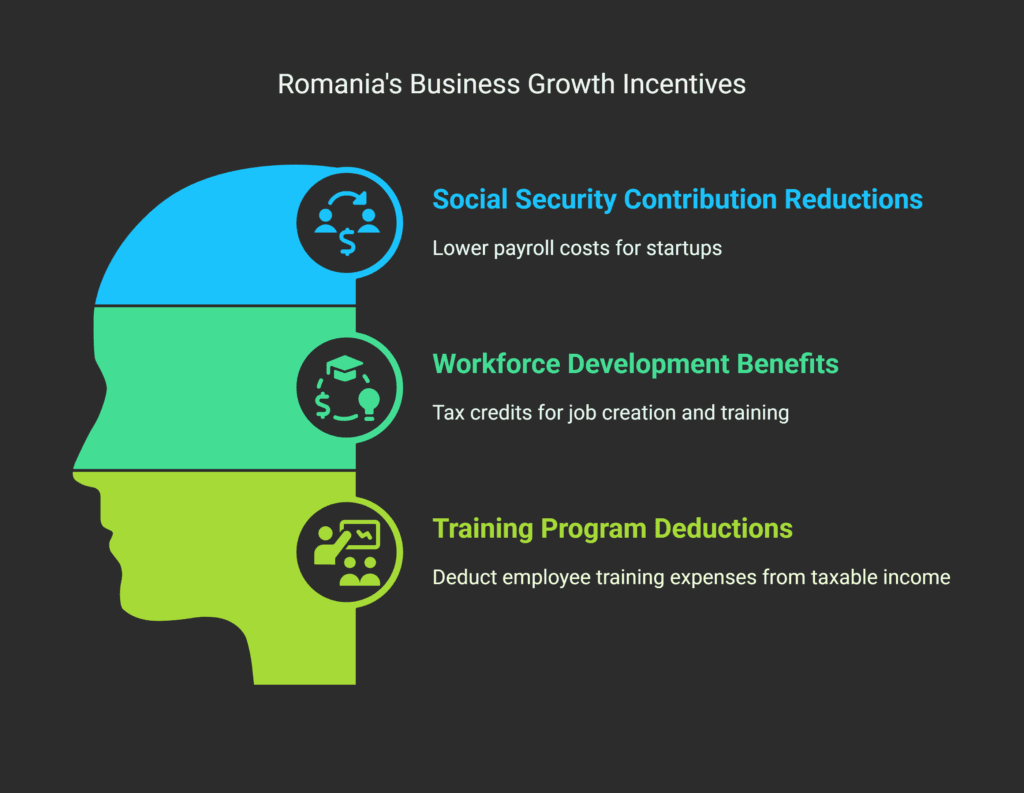Romania Tax Debt Rescheduling 2026 – Law 239/2025 Explained
Romania Debt Rescheduling 2026: Law 239/2025 Explained
Romania is entering a more restrictive fiscal environment in 2026 following the adoption of Law no. 239/2025, published in the Official Gazette no. 1160 of December 15, 2025 and effective as of December 18, 2025.
The reform forms part of a broader effort to strengthen budgetary discipline and improve tax collection, in line with Romania’s European fiscal commitments.
While formally structured as amendments to the Fiscal Procedure Code, the new rules introduce material changes to the practical functioning of tax debt rescheduling.
Mechanisms previously characterized by reduced guarantees and extended tolerance periods have been replaced by stricter eligibility criteria, enhanced enforcement safeguards for the tax authority, and increased personal involvement of individuals controlling indebted companies.
Key Takeaways for Romanian Taxpayers in 2026
- Personal Guarantees in Classic Rescheduling: Article 193¹ introduces a mandatory fideiusiune (personal guarantee) for classic tax rescheduling, creating a contractual extension of liability for the guarantor for the duration of the arrangement.
- Restricted Access to Simplified Rescheduling: Simplified rescheduling remains available only for lower debt thresholds (up to 400,000 lei for companies and 100,000 lei for individuals) and is subject to higher interest costs.
- Shortened Compliance Period: The maximum delay for settling current tax obligations during a rescheduling plan has been reduced from 180 days to 60 days.
- Expanded Fiscal Inactivity Grounds: Failure to maintain a Romanian payment account or submit financial statements may lead to fiscal inactivity status and subsequent administrative procedures.
- Increased Digital Oversight: SAF-T, e-Factura, and e-VAT reporting data are increasingly used in compliance assessments and rescheduling analyses.
1. Macroeconomic Background of the Reform
Law no. 239/2025 must be viewed within Romania’s broader macroeconomic context.
Analyses published by the National Bank of Romania and the Fiscal Council point to persistent budget deficits, reduced fiscal space, and rising public debt servicing costs.
In prior years, simplified tax rescheduling was frequently used by companies as a liquidity management tool.
The revised framework signals a policy shift toward ensuring predictability of revenue collection and limiting prolonged reliance on deferred payment of public obligations.
For more information on how this affects business planning, consult our corporate law services or see our company formation guide.
2. Personal Guarantees and Contractual Extension of Liability
The most significant change introduced by Law 239/2025 is Article 193¹ of the Fiscal Procedure Code, which requires the submission of a personal guarantee (fideiusiune) in classic tax rescheduling arrangements.
This mechanism does not abolish the principle of limited liability under company law. Instead, it creates a contractual exception whereby a natural person assumes personal liability toward the tax authority for the fulfillment of the rescheduling obligations.
For detailed guidance on this mechanism, consult the National Agency for Fiscal Administration (ANAF) official guidance.
Who May Be Requested to Guarantee
In practice, tax authorities may require the guarantee to be provided by the individual exercising effective control over the company, typically corresponding to the Ultimate Beneficial Owner (UBO) as defined under Law no. 129/2019 on the prevention and combating of money laundering.
For guidance on shareholder responsibilities, see our shareholder rights guide or shareholder agreement documentation. Guarantees from individuals without substantive decision-making authority may be subject to additional scrutiny.
Legal Form and Enforcement Effects
The fideiusiune must be executed in authentic (notarial) form.
Under Romanian law, such instruments generally qualify as enforceable titles. In the event of default, enforcement measures may be initiated in accordance with the Fiscal Procedure Code and applicable procedural safeguards, depending on the nature of the assets involved.
Applicable Deadlines
The law introduces relatively short timeframes for submitting guarantees, ranging from several days following issuance of the fiscal attestation certificate to longer periods following preliminary approval.
Failure to comply may result in rejection of the rescheduling request and continuation of standard collection procedures.
For timely coordination with notaries, review the Romanian Notaries Chamber resources.
3. Simplified Rescheduling: Thresholds and Conditions
Simplified rescheduling under Article 209¹ remains available, but under narrower eligibility criteria than in prior years.
Applicable Monetary Limits
- Legal entities: 5,000 – 400,000 lei
- Individuals and unincorporated entities: 500 – 100,000 lei
Debts exceeding these thresholds generally require classic rescheduling, involving additional documentation, financial analysis, and guarantees.
For legal entities, simplified rescheduling is typically available only if the company has been established for at least 12 months.
Learn more about ANAF rescheduling procedures.
Cost of Rescheduling: The interest applicable to simplified rescheduling is approximately 0.02% per day (around 7.3% annually), reducing its attractiveness as a long-term financing substitute.
Compare this with traditional bank lending rates.
4. Ongoing Compliance and the 60-Day Rule
Once a rescheduling plan is approved, taxpayers must remain current with all new tax obligations.
Law 239/2025 reduces the maximum delay for settling such obligations from 180 days to 60 days.
Non-compliance may lead to termination of the rescheduling arrangement, acceleration of outstanding amounts, and potential activation of guarantees, subject to administrative confirmation and procedural rights.
See our compliance monitoring section below.
5. Fiscal Inactivity and Administrative Consequences
The reform expands the grounds on which a taxpayer may be declared fiscally inactive, including:
- Failure to maintain a payment account in Romania or with the State Treasury;
- Failure to submit annual financial statements within statutory deadlines.
If inactivity persists, the tax authority is required to initiate procedures that may include insolvency or dissolution proceedings, in accordance with applicable legal frameworks.
For insolvency matters, review the Insolvency Law.
6. Digital Reporting and Compliance Monitoring
Romania’s tax administration increasingly relies on digital reporting systems such as SAF-T, e-Factura, and e-VAT.
These systems provide standardized accounting and transactional data used to assess compliance behavior, financial indicators, and risk profiles.
While the law does not mandate automatic decisions based solely on digital data, such reporting plays an important role in administrative analysis and verification processes.
Ensure your company’s digital compliance documentation is up to date.
7. Sectoral Impact and Transactional Considerations
Certain sectors—such as construction, retail, and pharmaceuticals—may face additional challenges due to longer commercial payment cycles combined with the shortened fiscal compliance timelines.
In transactional contexts, including share transfers and reorganizations, outstanding tax liabilities may attract increased scrutiny.
Notification obligations and guarantees may be required for tax debts to remain opposable following ownership changes.
For M&A considerations, consult our transactional structuring guide.
Frequently Asked Questions
In practice, ANAF generally requires a personal guarantee for classic rescheduling arrangements, subject to the specific circumstances of the taxpayer and applicable administrative practice. The guarantee must be provided by the individual exercising effective control (typically the UBO as per Law no. 129/2019). For more information on shareholder obligations and control structures, consult our corporate law services. Refusal to provide a required guarantee may result in rejection of the rescheduling request and continuation of standard collection procedures.
Exceeding the 60-day grace period for settling current tax obligations can lead to the following consequences, subject to administrative confirmation:
- Termination of the rescheduling arrangement
- Acceleration of the entire outstanding debt
- Potential activation of personal guarantees, in accordance with the Fiscal Procedure Code
- Resumption of standard collection and enforcement procedures
Action: Maintain strict internal tracking of all current tax payment deadlines during any rescheduling period.
Simplified rescheduling is available if your company meets all of the following:
- Outstanding tax debt is between 5,000 and 400,000 lei (for companies)
- Company has been established for at least 12 months
- No requirement to provide a personal guarantee
For individuals, the threshold is 500 – 100,000 lei. If your debt exceeds the limit, classic rescheduling (with guarantee) is required. Check ANAF’s official guidance for detailed eligibility requirements.
A company is declared fiscally inactive if:
- It fails to maintain a payment account in Romania or with the State Treasury, OR
- It fails to submit annual financial statements within statutory deadlines
Consequences include initiation of administrative procedures that may lead to insolvency or dissolution proceedings. Prevention: Ensure your company maintains an active Romanian payment account and submits all financial statements on time.
The interest rate for simplified rescheduling is approximately 0.02% per day, which equates to roughly 7.3% annually. This relatively high rate reduces its attractiveness as a long-term financing tool compared to traditional commercial financing. Review current lending rates from the National Bank of Romania for comparison.
For classic rescheduling, interest rates are typically lower and may vary based on the specific arrangement negotiated with ANAF. For further information on tax law and planning, consult our specialized services.
The fideiusiune (personal guarantee) must be executed in authentic notarial form (contact the Romanian Notaries Chamber). Under Romanian law, such instruments qualify as enforceable titles, granting ANAF enhanced enforcement rights in case of default:
- Enforcement mechanisms follow the procedures set out in the Fiscal Procedure Code, which provide the tax authority with enhanced enforcement rights compared to ordinary civil claims
- The guarantor’s personal assets may be subject to attachment and enforcement
- Procedural safeguards apply in accordance with the Civil Procedure Code
- The guarantee remains enforceable for the entire duration of the rescheduling arrangement
ANAF uses data from these systems to:
- Assess your compliance behavior and financial capacity
- Evaluate your risk profile for rescheduling eligibility
- Monitor your activities during an existing rescheduling arrangement
- Detect inconsistencies or red flags in reporting
While automated decisions are not mandatory, accurate and timely submission of SAF-T, e-Factura, and e-VAT reports is an important factor in the overall assessment of rescheduling eligibility. Review ANAF’s digital compliance requirements.
The law does not explicitly address substitution of guarantors after initial approval. In practice, ANAF may require consent or may require a new authentic guarantee instrument. Any change should be coordinated with your tax advisor and ANAF before implementation to avoid complications or loss of rescheduling status.
Yes. The law introduces tight deadlines ranging from several days following issuance of the fiscal attestation certificate to longer periods after preliminary approval. Missing these deadlines typically results in:
- Rejection of the rescheduling request
- Loss of provisional rescheduling status
- Resumption of standard collection procedures
Action: Coordinate guarantee preparation with a notary in advance. Contact the Romanian Notaries Chamber to ensure timely submission.
Disclaimer: This article is provided for general informational purposes only and does not constitute legal or tax advice. The analysis is based on Law no. 239/2025 and publicly available information as of January 2026. Application of the law may vary depending on individual circumstances, administrative practice, and subsequent guidance or case law. Professional advice should be obtained before taking any action based on this content.
